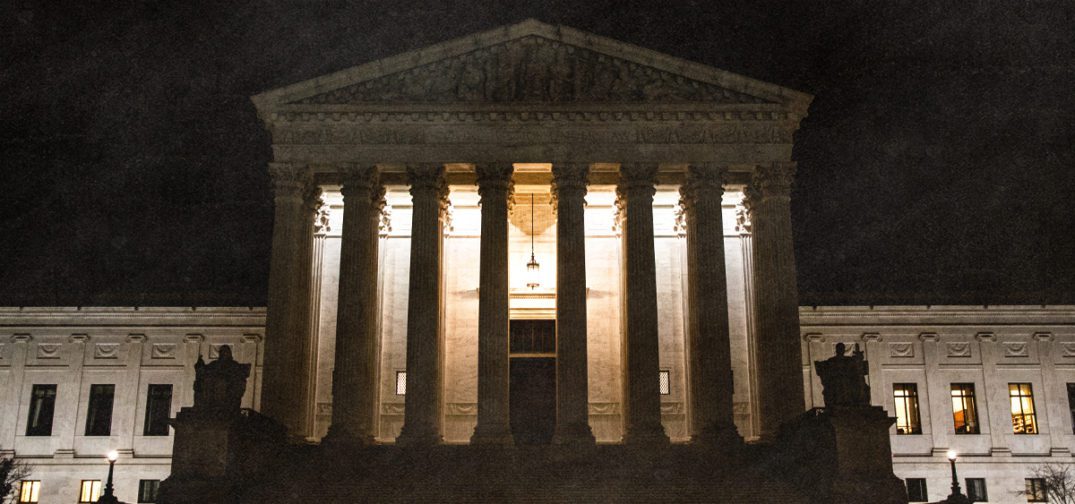The U.S. Supreme Court has refused to hear a pair of cases involving worker’s comp payments for medical cannabis, Marijuana Moment reports. The Department of Justice (DOJ) had asked the court to refuse the cases last month, saying such reforms should come from Congress or the executive branch.
The court made the decision on the bases of denying certiorari, which means fewer than four justices felt the case rose to the level of a Supreme Court case, but not that the court sided with lower court decisions. The two cases could have had wide-reaching implications on federal preemption over cannabis, the report says.
The two cases originated in Minnesota and in both instances, employees had asked their employers to pay for medical cannabis after experiencing on-the-job injuries. Both employers refused.
The plaintiffs, with the help of advocacy groups like Empire State NORML, disagreed, saying employers do not have to possess or manufacture cannabis in violation of the Controlled Substances Act (CSA) and only would have to provide monetary compensation for cannabis products. The Minnesota Supreme Court eventually sided with the employers on the basis that federal law preempts state medical cannabis laws, the report says.
When the case arrived at the Supreme Court, the justices sought input from the DOJ’s solicitor general, who replied with an amicus curiae last month reminding the court that several other state courts had weighed in on the issue; however, they said those cases had not “meaningfully considered all of the possible grounds for preemption” and recommended the court not hear the cases.
The plaintiffs disagreed and had filed briefs explaining why the court should hear the cases but with the latest development, the cases are now closed.
Get daily cannabis business news updates. Subscribe
End
